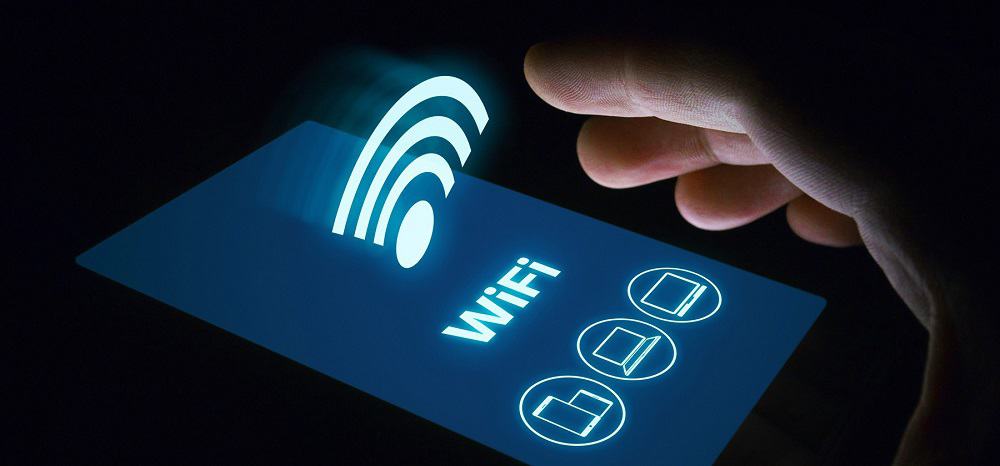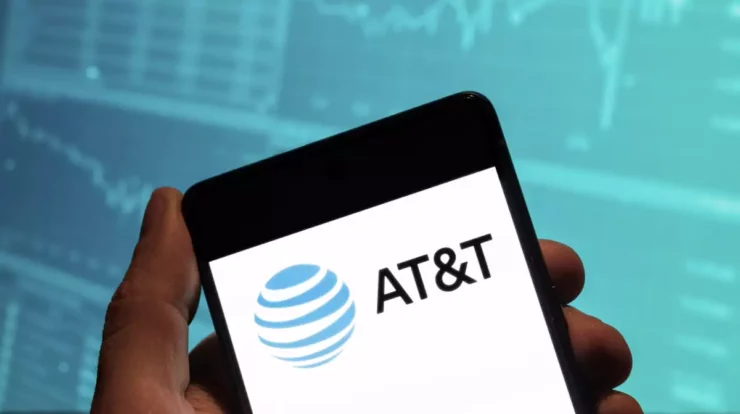
Internet is a necessity and you are going to use internet services even if you are outside of your house. We are living in a world where we cannot even imagine living without internet service. It plays a vital role in our life. If you are outside of your house and you find a public Wi-Fi and you are about to connect, make sure you take some security precautions or get yourself prepared for a loss. Public Wi-Fi is not a secured connection and your IP address can be easily traced once you connect your device with the public Wi-Fi as the data is not encrypted.
If you are outside of your house and you have to do some work or make a call on WhatsApp and you find a public Wi-Fi, make sure you take security precautions so you have this ease of mind that your devices are secured. If you are using a private network, you don’t need to worry like a lot about this security but still, there are many internet service providers like Spectrum who offers internet security suite along with the internet services because they know how important it is to make sure that the internet connection that your getting is secured so no one can get to your devices.
Millions of people have been a victim of a data breach because we don’t take security precautions and that result in losing personal information and sensitive data. There are different means through which a hacker can access your device but the easiest and convenient way for a hacker to access your device is through public Wi-Fi. We are going to talk about some security precautions that you should take while using the free Wi-Fi.
1. Check the Authenticity Of The Network
We all took the advantage of the public Wi-Fi but we are not aware of the risks associated with it. We all have been to public places like a coffee shop and we get excited when we find a free Wi-Fi network and connect it without even confirming if it’s legitimate or not. Whenever you go to public places like a coffee shop, always ask the manager about the Wi-Fi network and password before you try to connect to a random network. The hackers usually set the name of the Wi-Fi networks which has a resemblance with the original network, so make sure you confirm the network first.
2. Do Not Access Sensitive Information
While using the public Wi-Fi, make sure that you do not do any activity which includes your sensitive information like do not make any transaction online or do not access your email or bank accounts or any other sensitive data which is important to you. Try to do such stuff on your private network as that is way more secured than the public Wi-Fi.
3. Use a Virtual Private Network (VPN)
If you are outside of your house or you travel a lot to public places and connect to the public Wi-Fi network, make sure that you use a virtual private network (VPN) as that will encrypt the data and it won’t be easy for the hacker to access your device. It will put a mask on your IP address and it won’t be traceable and will save you from internet threats. It will secure your device from third party attacks like phishing emails. Once you activate the VPN, your data will be encrypted. The hackers might know that you are using a VPN but they won’t be able to do anything as the IP address would be changed and they won’t be able to trace that.
4. Look for HTTPS Websites
While using the internet service and browsing, make sure you do that on HTTPS encrypted websites. You can check that at the start of the URL address bar. It is to ensure that the website has a valid digital certificate and it is secure to use that website. If you don’t find any encryption, do not use such websites especially if you are doing something sensitive like online banking.
5. Select The Wi-Fi Network Manually
Make sure that your smartphone, tablet, or laptop is set to select the Wi-Fi manually. And make sure you turn off the Wi-Fi once you stop using the Wi-Fi service. forget the networks which you don’t use often. If you have set your device to connect automatically to any Wi-Fi network, your device will not be secured. Any random network would be connected to your device and your device can be hacked that way.
6. Get Virus Protection Software
Your system or device should have the best virus protection software as that will protect your device from hackers or cybercriminals who are always up for hacking your device, stealing your personal information, and then using that for illegal purposes. The antivirus software will protect your device from cyberattacks even if your device gets compromised while connecting to an unsecured Wi-Fi network.
7. Active Firewall
Make sure that the system built-in firewall is active as that too will protect your device from hackers and cyber-attacks. It can work as a great defense against cyber-attacks. The word firewall says it all. It will save your device from all viruses and malware.
8. Turn Off The Wi-Fi Once You Have Done Your Work
Make sure that you turn off the Wi-Fi network you are done with your work as the open Wi-Fi connection will increase the risk of getting your device hacked. Your device would be connecting automatically to any open network which makes things easier for the hackers as they can easily trace your IP address that way.
9. Update Devices
Make sure that your device is updated with the latest version. With every new update, the security improves so do not get annoyed while updating your device as that will help you in protecting your personal data and information.
10. Adopt Two-Factor Authentication
Make sure that you have enabled two-factor authentication. That will add an extra layer of protection and your devices would be more secured this way. Make sure you enable that where possible.
Summing it up
If you cannot live without internet or if you travel a lot and you have to use the public Wi-Fi for your work, make sure you follow the about mentioned points to secure your device from getting hacked.


